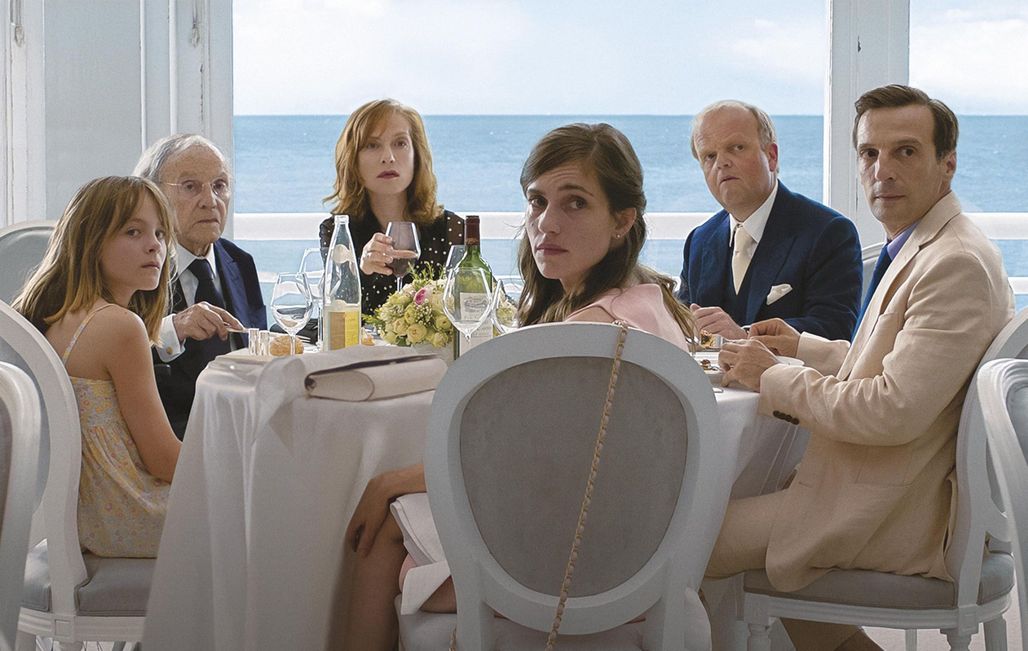
Happy End: an Austrian portrait of the burghers of Calais

La Pianiste, Grand Prix 2001, Caché (Hidden), Best Director Award 2005… Five years after Amour (Love), Austrian director Michael Haneke signs his eighth film in the Festival de Cannes Official Selection. As one of the rare two-time recipients of the Palme d’or, for Das Weisse Band (The White Ribbon) in 2009, and Amour (Love) in 2012), the director brings us the searing Happy End, filmed on the Opal Coast in northern France with two of his favourite actors: Jean-Louis Trintignant and Isabelle Huppert. The migrant crisis serves as a prism to highlight the prevailing cynicism of our times.
No one can miss the irony (humour?) of how impossible it is to imagine a Happy End to the crisis of migrants, condemned to a vagrant existence in the jungle of Calais. To deal with this chilling reality, Michael Haneke has chosen to depict the savage indifference of a bourgeois family in northern France, out of touch with the social realities of their environment. Jean-Louis Trintignant assumes the role of the cynical patriarch, Isabelle Huppert and Mathieu Kassovitz play his offspring. Toby Jones, the young Fantine Harduin and Belgian actress Laura Verlinden round out the family portrait.
In the words of Isabelle Huppert, this film is "more factual than psychological". It deals with the "blinding of humanity" more than the actual suffering of the migrants. This is Michael Haneke's fourth collaboration with the French actress. As for veteran actor Jean-Louis Trintignant, in spite of his avowal in 2012 not to be enlisted in film again and to devote himself to the stage, this is the second time since Amour (Love) that he has made an exception and agreed to work with the Austrian director, whom he considers "one of the greatest directors in the world". Michael Haneke must have been convincing.


